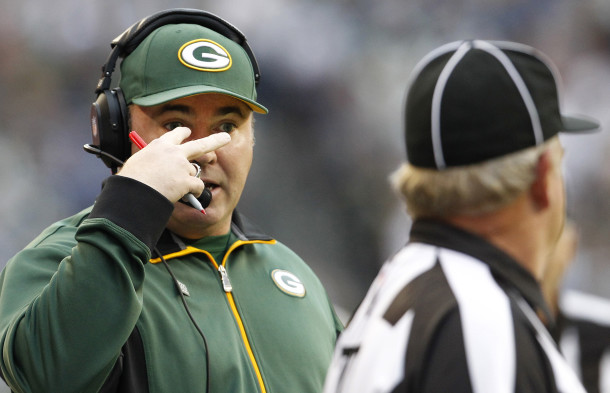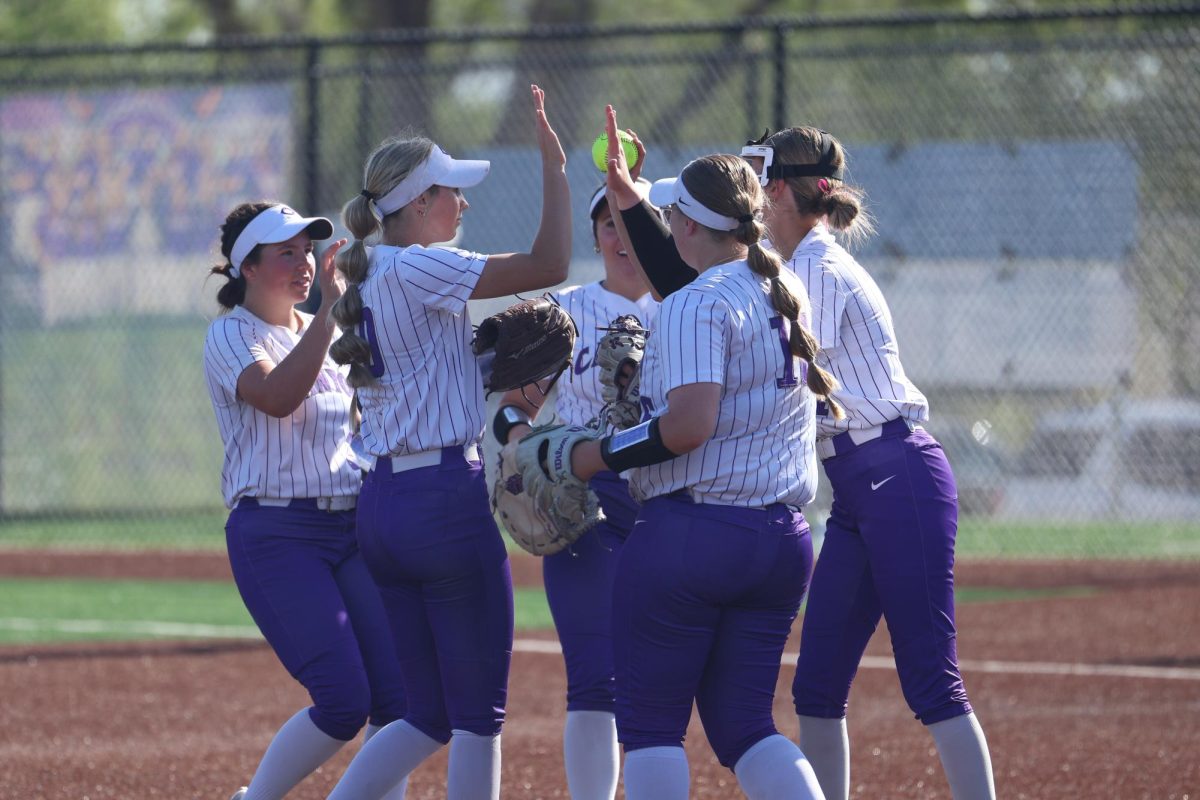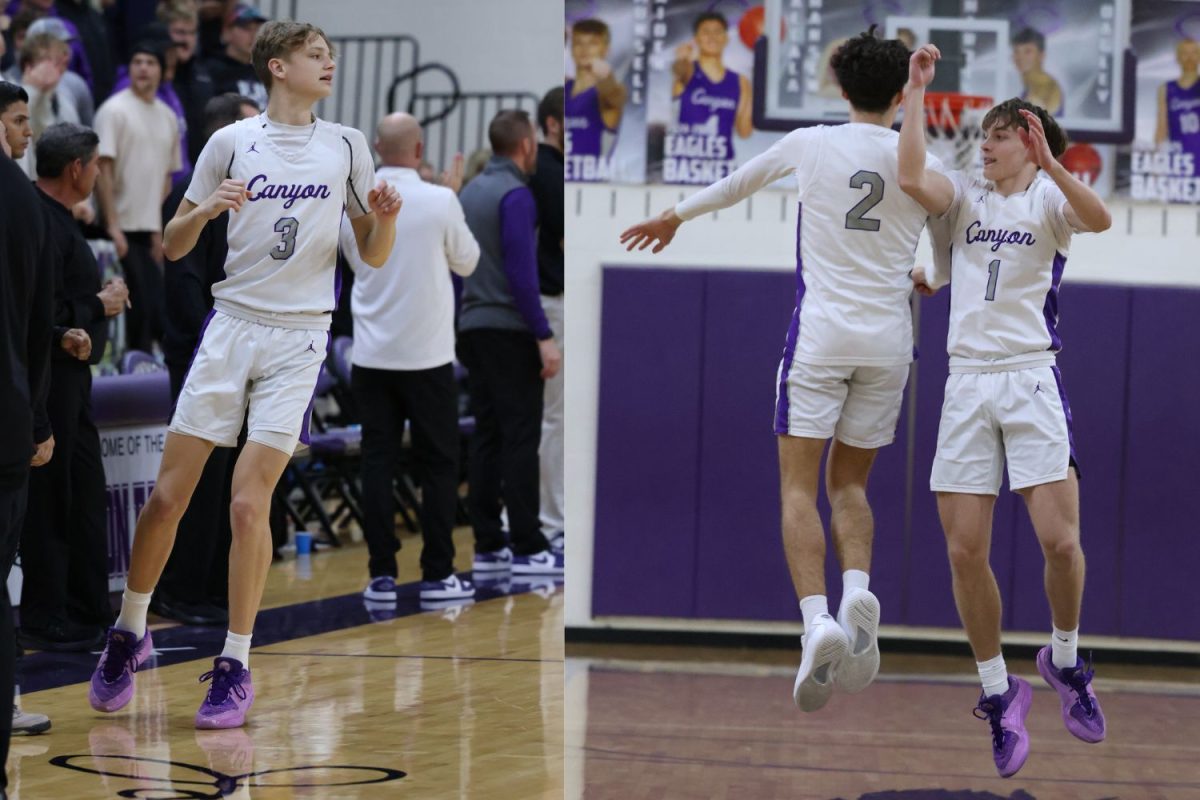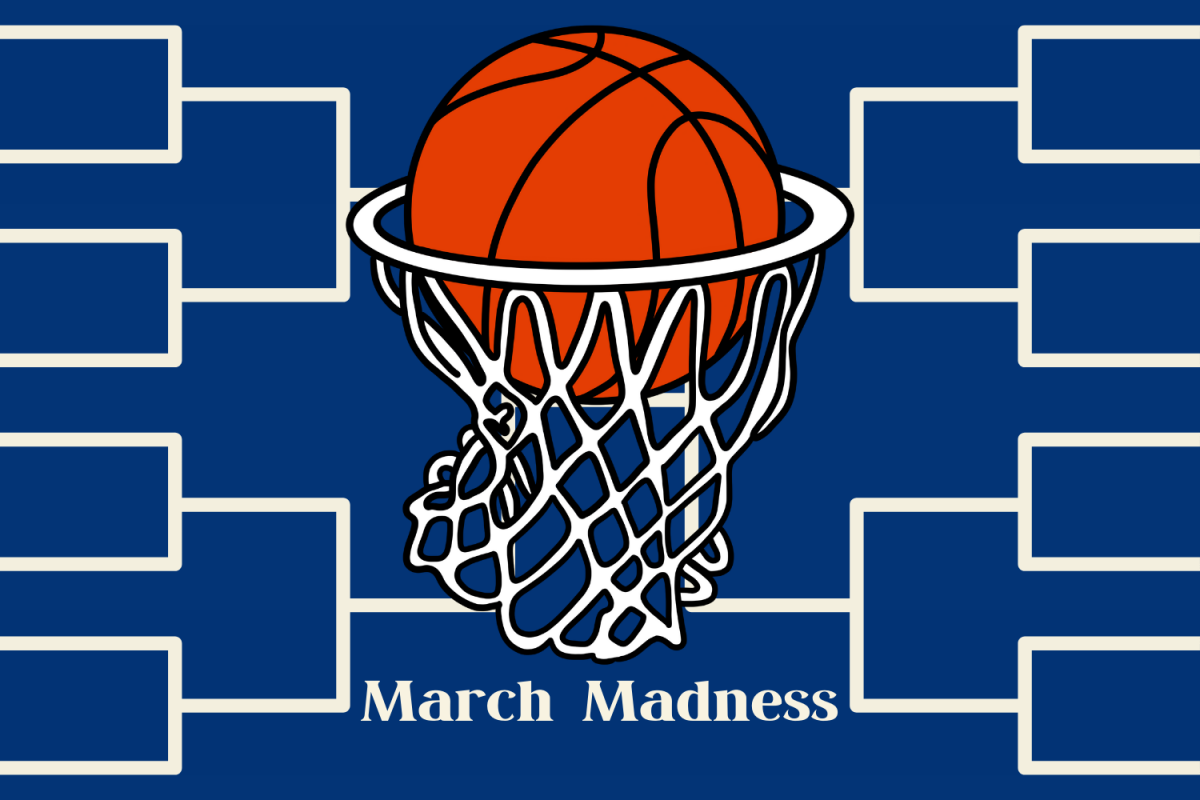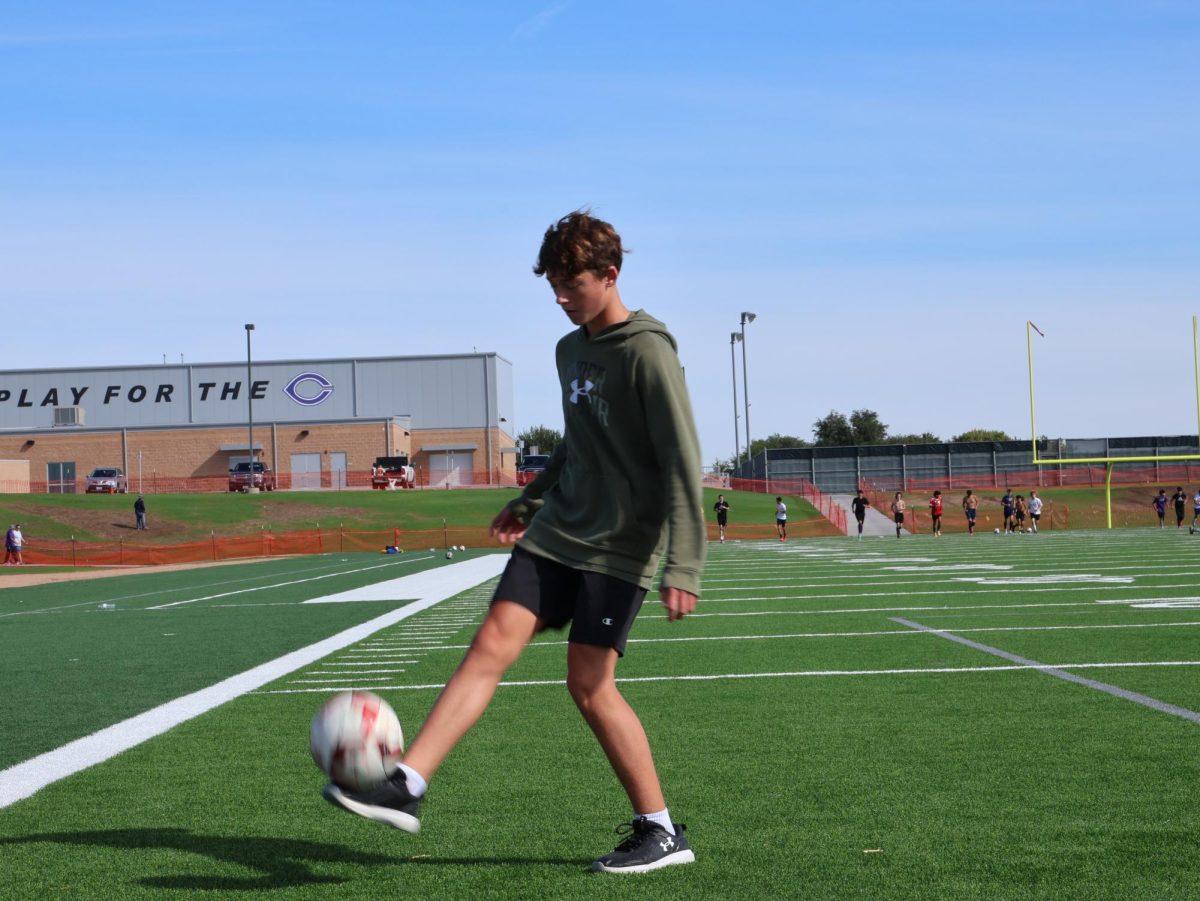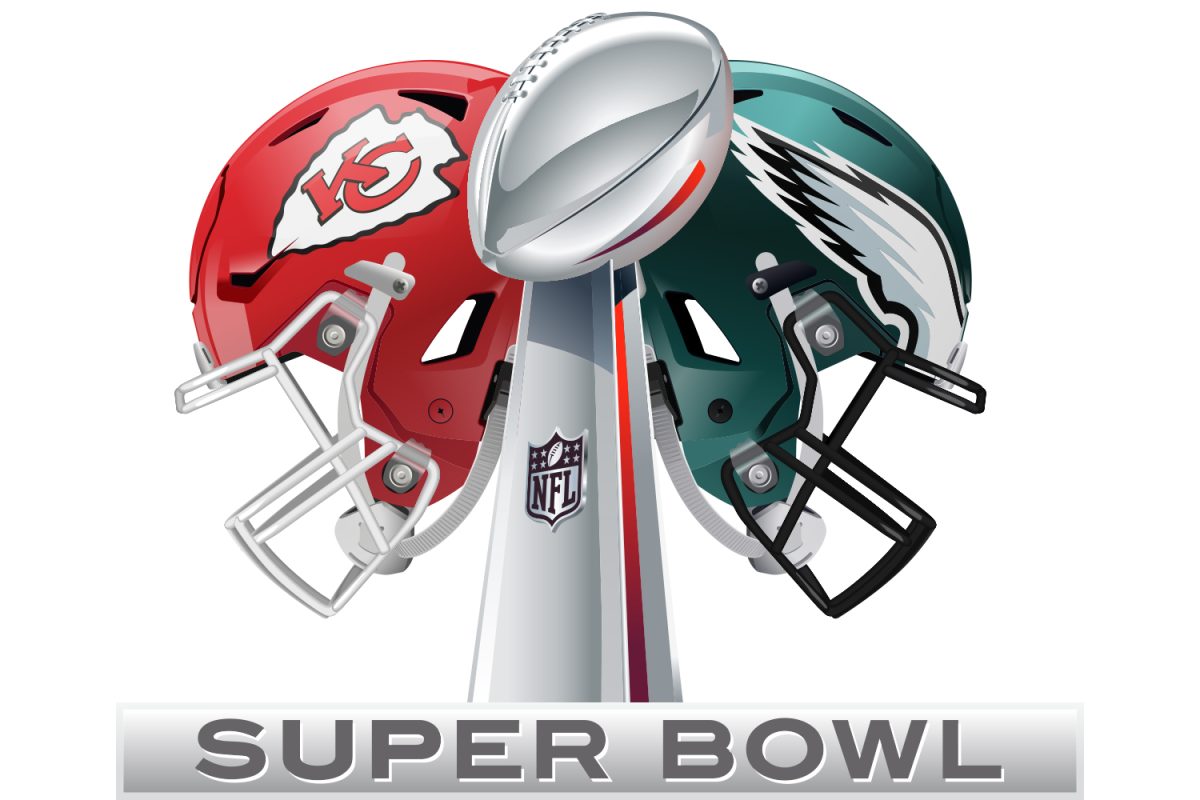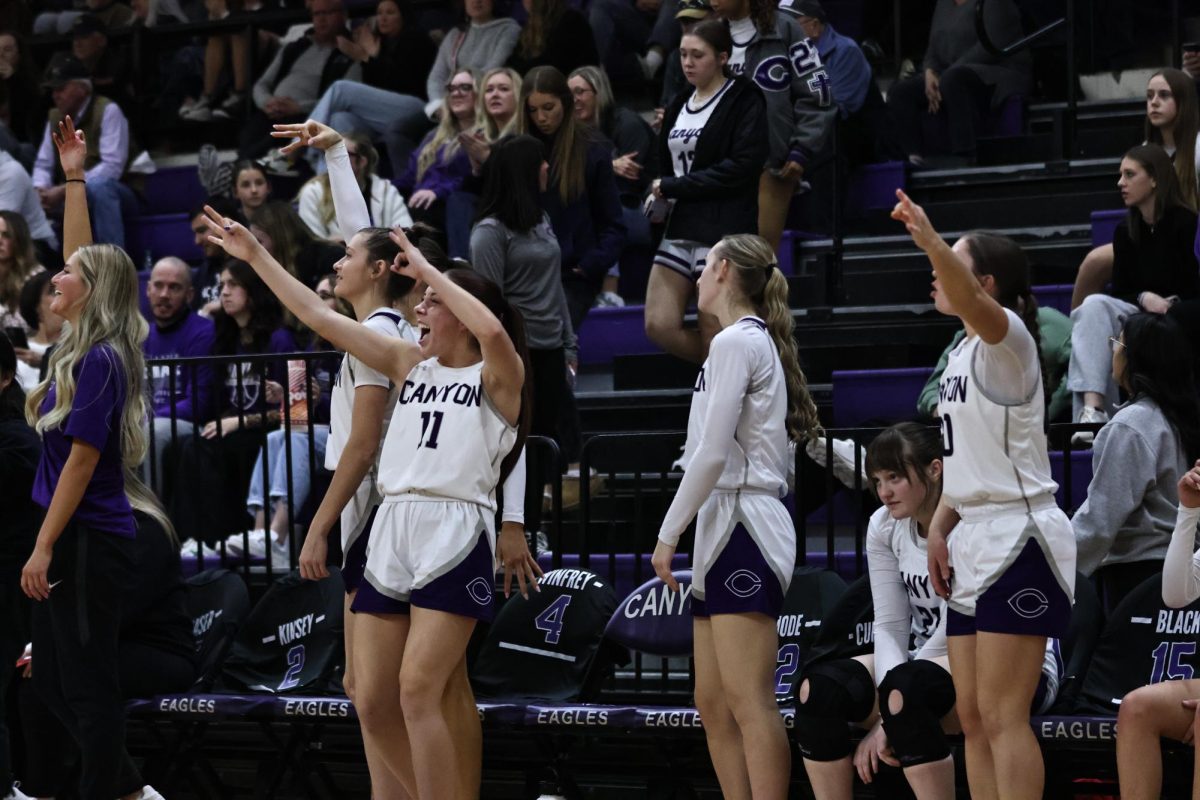On Monday, Sept. 24, the Green Bay Packers visited the Seattle Seahawks while ESPN broadcast the game on Monday Night Football. On the final play of the game, with the score 12-7 Packers, rookie Seahawks quarterback Russell Wilson fired a Hail Mary pass to receiver Golden Tate, who was in the middle of triple coverage. As the ball sailed toward the end zone, Tate pushed defender Sam Shields out of the fray and onto the ground. No flag.
Just as Shields hit the turf, Tate and defender M.D. Jennings jumped for the ball and wrestled for it as they fell in the end zone. As pictures and video footage show, Jennings had the ball wrapped up with both arms and pinned to his chest while Tate only had an arm in as they fell to grapple for control. The first referee on the scene signaled touchdown and another showed touchback. The booth review did not overturn the original signal, a touchdown, and as a result, the Seahawks won on what has since become a controversial call.
That night, as with other games this NFL season, the game had to make do with replacement officials from Division II and III college football. During the offseason, the professional football referees’ union went on strike when they and the NFL could not come to a mutual agreement over the refs’ labor contract, so they locked out the officials and hired replacements.
The inherent problem with using college officials is, first off, the NFL has several differences in rules from NCAA play. Second, the pace of professional football is faster than that of even Division I. Again, most of them work D-II or D-III. Third, these replacements had two months to familiarize themselves with the NFL rulebook. Most NFL referees said they took four to five years before they learned the rules to a working level.
In defense of the replacement refs, while they make more frequent mistakes and they take longer, they are in a tight spot. They had two months to learn the rulebook and apply it to the games, where they are expected to make a call on the spot. Even if they did well officiating NCAA games with the same calls, the pressure to perform is also immense even if they are not at high risk to lose their job without the strike ending. The adage is true for referees more than anyone in sports—when you’re right, no one remembers; when you’re wrong, no one forgets.
At this stage of the negotiations, the NFL and NFL Referees’ Association have come to an agreement about what to do with the replacements—they will work in a developmental program to adjust to the pace and rules of NFL games. The NFL released a statement yesterday to say they supported the call. The first signal, touchdown, was the official call and the booth had no decisive video to overturn the call. While they said they should have called pass interference, the rules do not allow for video review to change a penalty call.
Both sides will continue to talk about the new contract while fans who still tune in will, hopefully, understand and accept that the replacements are still better than the alternatives of self-officiating or complete booth control.

